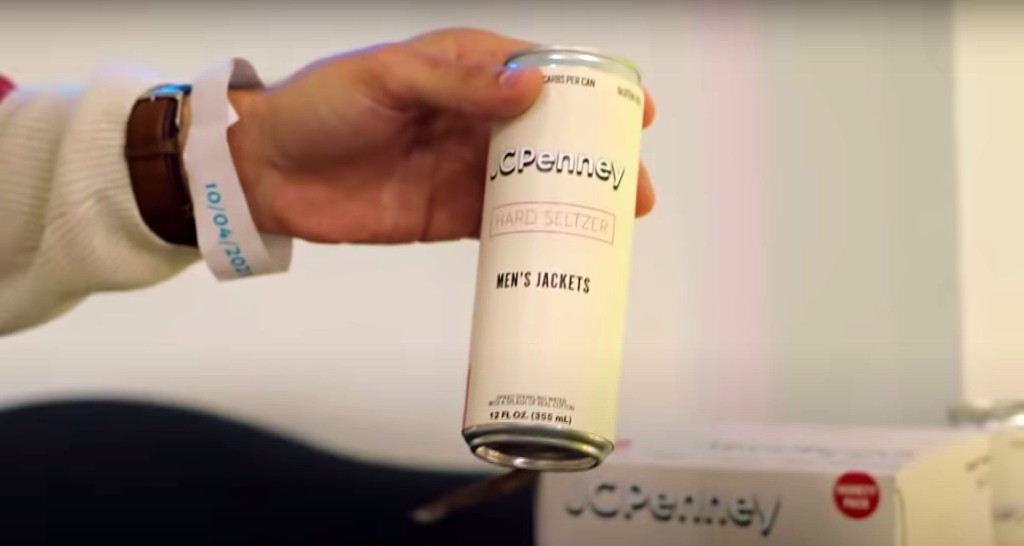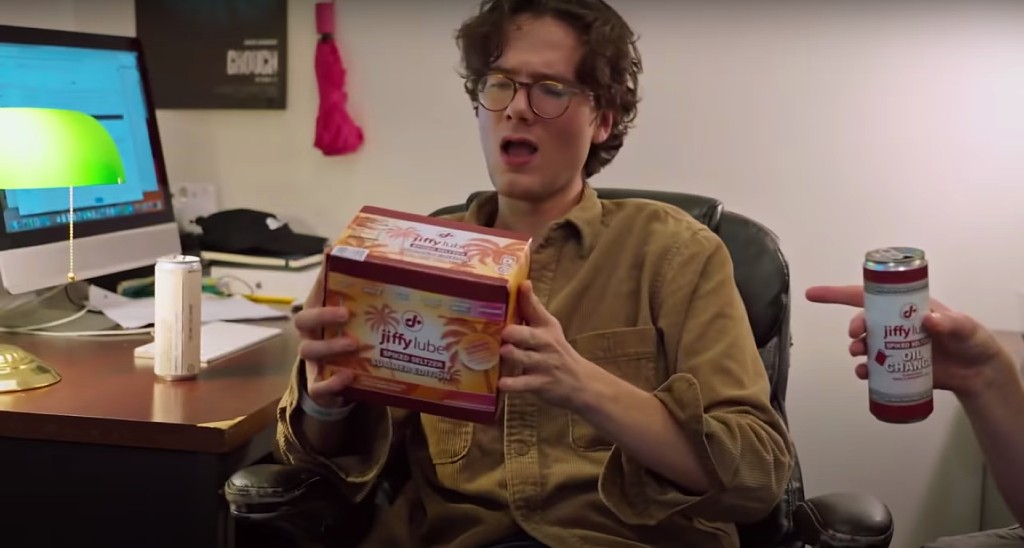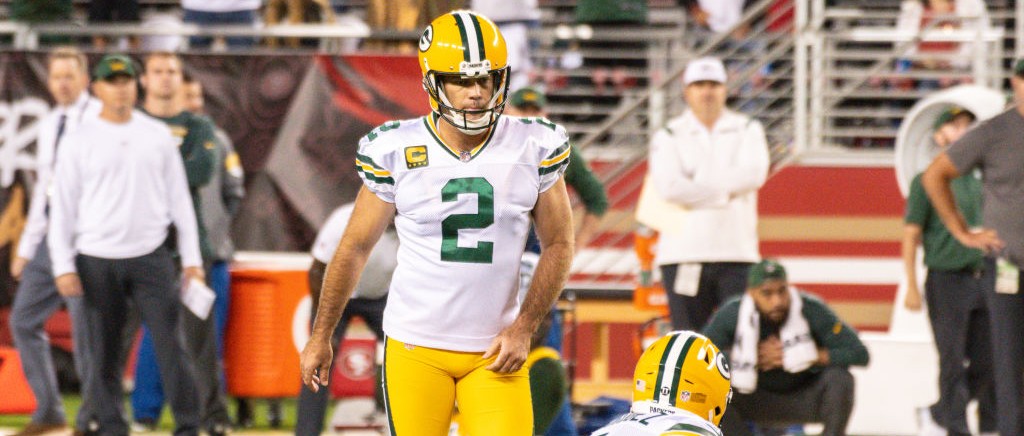
Sunday was the worst kicking day of the season around the NFL, as missed extra points and field goals were a story throughout the early window across pro football. Nowhere was it worse than in Cincinnati, where the game refused to end thanks to missed kicks on both sides, with the two teams combining to miss five consecutive field goals to take the lead late after it was tied at 22-22 — thanks in part to a missed extra point by the Packers early in the game.
It started with a missed 36 yarder by Mason Crosby with just over two minutes to play. Evan McPherson followed that up by doinking a 57-yarder off the right upright with 26 seconds to go, setting the Packers up near midfield needing just a field goal to get a win themselves. After moving the ball inside the 35, Mason Crosby strolled out for a game-winner at the buzzer from 51 yards away, only to tug it left (again) and send the game to overtime.
WE’RE GOING TO OT IN CINCY.
: #GBvsCIN on FOX
: NFL app pic.twitter.com/1yeHFK44UP
— NFL (@NFL) October 10, 2021
The Packers picked off Joe Burrow on the Bengals first series and were immediately in “field goal range,” a concept that had lost all meaning at this point, and after playing very conservatively, Crosby again yanked a game-winning kick left to give Cincy life once more.
PACKERS INTERCEPTION. #GoPackGo
: #GBvsCIN on FOX
: NFL app pic.twitter.com/vuJb3BPSXK
— NFL (@NFL) October 10, 2021
The Bengals were able to get into Green Bay territory and set up a long game-winning attempt of their own, but this time McPherson pulled the kick left, clipping the flag on top of the goal post as it sailed just wide. It was so close that McPherson and the Bengals were celebrating, thinking they made it, only to learn it was, in fact, not good and the game would continue.
It hit the flag?!
: #GBvsCIN on FOX
: NFL app pic.twitter.com/zeLsexFvwA
— NFL (@NFL) October 10, 2021
The Bengals field goal unit started celebrating after they thought they had kicked a game-winning field goal in OT. The kick was missed. pic.twitter.com/1ksN6Zl0ek
— FOX Sports: NFL (@NFLonFOX) October 10, 2021
Green Bay would eventually get into field goal range thanks to a rather incredible throw on 3rd and long from Aaron Rodgers to Randall Cobb, but it came up just shy of the first down. On 4th and inches with two minutes to play, the Packers trotted Crosby out once again with the game on the line from 49 yards out, but this time the veteran was able to knock it through, putting a merciful end to an excruciating game on both sides.
TODAY WE SPELL REDEMPTION…. M-A-S-O-N. #GoPackGo #GBvsCIN pic.twitter.com/5iuT9KWn2K
— NFL (@NFL) October 10, 2021
It was a truly horrific kicking performance all the way around, and Crosby’s reaction after hitting a game-winner says it all, as he just shrugged and strolled towards the sideline with an exasperated “finally.” On the other side, it’ll be a lot of “what if” talk and frustration for the Bengals, who will feel like they let this one get away — and not totally due to the right foot of McPherson.

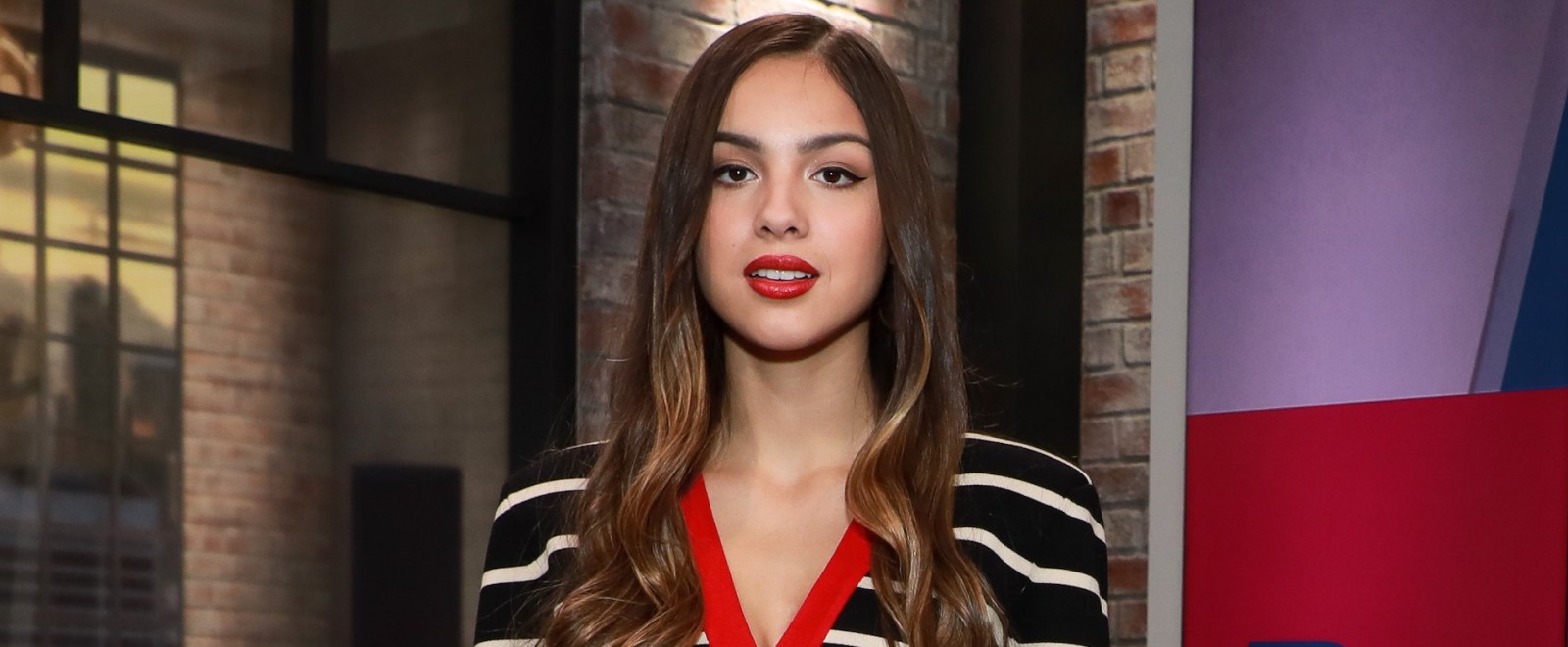
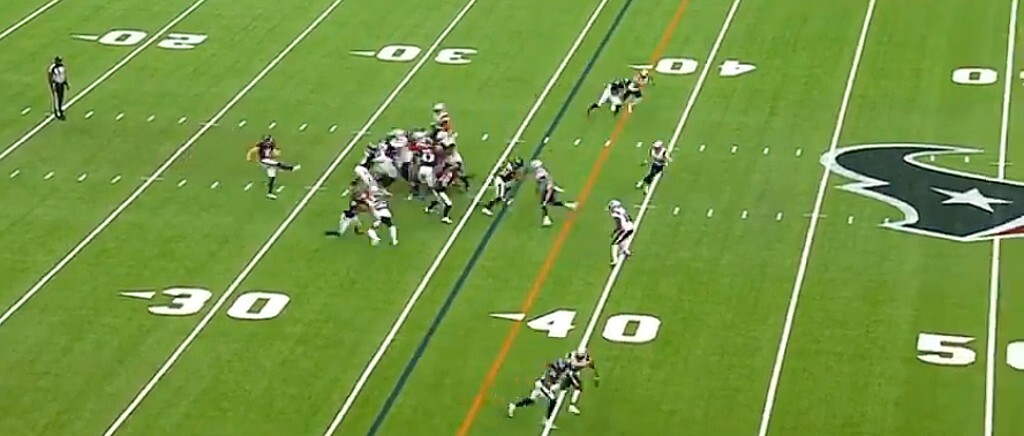
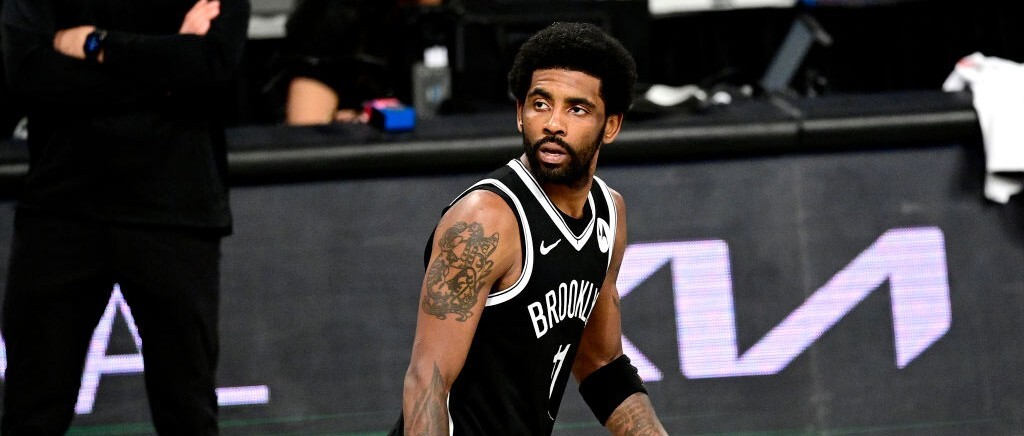
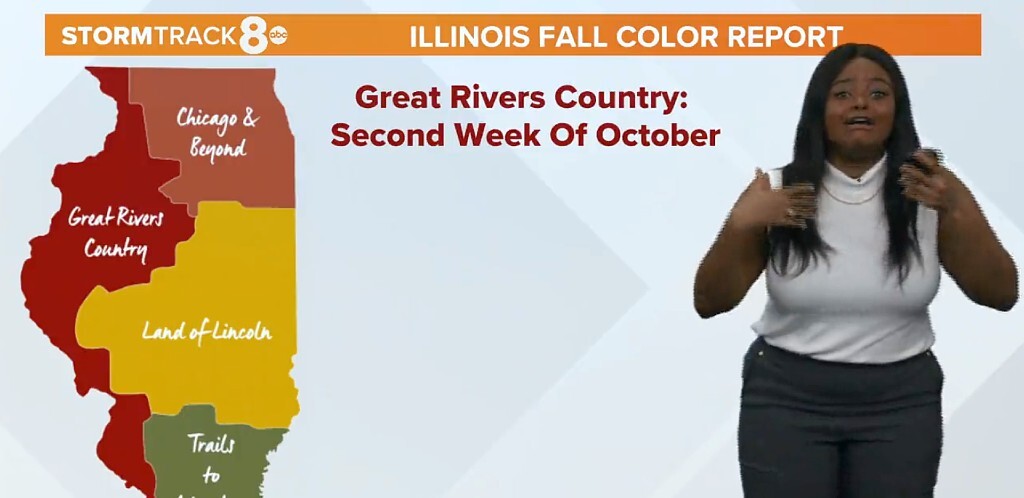
 can you tell when we won?
can you tell when we won? 